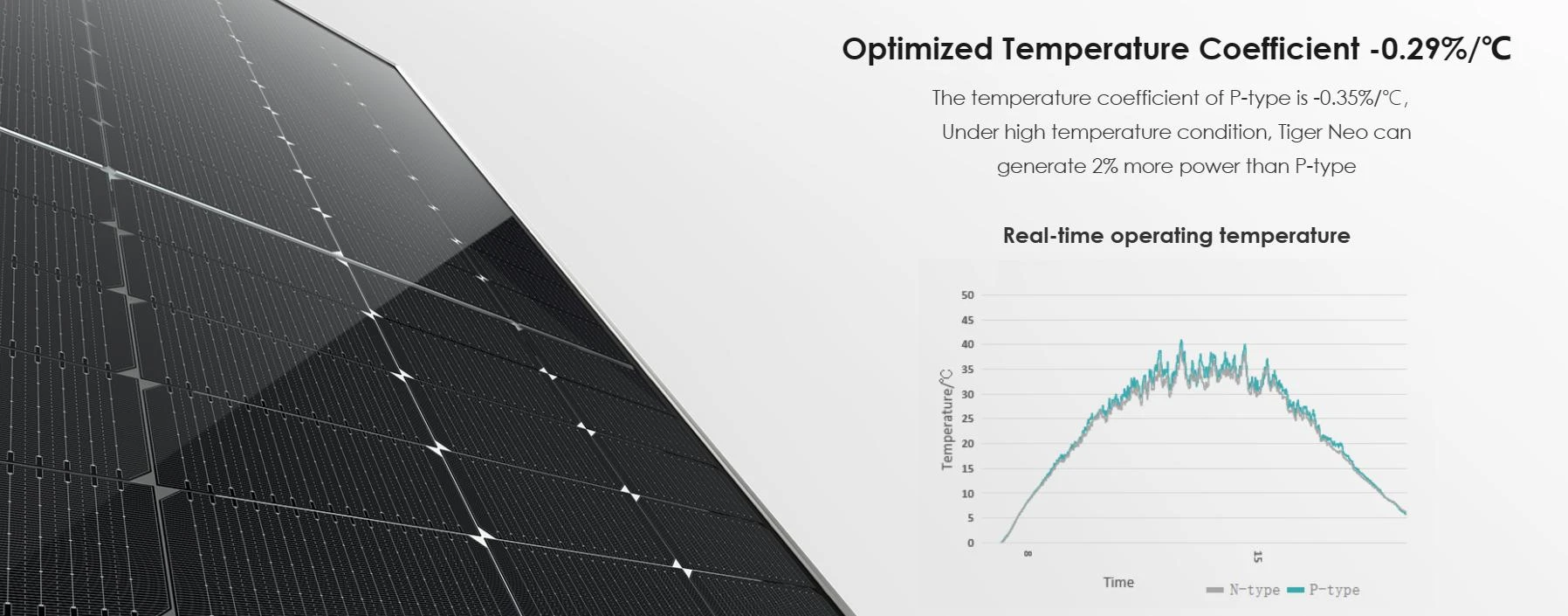Exploring the Benefits and Applications of Solar Energy with Photovoltaic Panels
The Rising Importance of Photovoltaic Panels in Modern Energy Solutions
In recent years, the world has witnessed a significant shift toward renewable energy sources. Among these, photovoltaic (PV) panels have emerged as a frontrunner in harnessing solar energy, playing a crucial role in the global transition to sustainable power. This article delves into the fundamentals of photovoltaic technology, its benefits, challenges, and future prospects in the energy sector.
Understanding Photovoltaic Technology
Photovoltaic panels, commonly known as solar panels, convert sunlight directly into electricity using the photovoltaic effect. This technology primarily relies on semiconductor materials, such as silicon, which absorb photons from sunlight and release electrons. The movement of these electrons generates electric current, which can be harnessed for various applications.
The efficiency of PV panels has improved substantially over the years, with advancements in material science and manufacturing processes. Modern solar panels can achieve efficiencies of over 20% under optimal conditions, making them a viable option for both residential and commercial energy needs. As the technology continues to evolve, innovations like bifacial panels, which capture sunlight from both sides, and thin-film solar cells are gaining traction, expanding the possibilities of solar energy utilization.
Benefits of Photovoltaic Panels
The advantages of using photovoltaic panels are manifold. Foremost among these is their ability to generate clean, renewable energy. Unlike fossil fuels, solar energy does not emit greenhouse gases or contribute to air pollution, making it an environmentally friendly option. As the world grapples with climate change, the transition to solar energy becomes not only a necessity but an imperative.
Furthermore, PV panels offer considerable economic benefits. The decreasing cost of solar technology has made it increasingly accessible to homeowners and businesses alike. In many regions, solar power can now compete with, or even beat, traditional energy costs, providing an attractive return on investment. Governments across the globe are also incentivizing solar installation through tax credits, grants, and subsidies, further enhancing its financial appeal.
Additionally, the decentralized nature of solar energy production empowers individual energy independence. Households can generate their own electricity, reducing reliance on grid systems and providing backup power in case of outages. For communities in remote or underserved areas, PV panels can offer a sustainable solution to energy access, fostering economic development and improving quality of life.
photovoltaic panels

Challenges Facing Photovoltaic Adoption
Despite their numerous benefits, photovoltaic panels are not without challenges. One major obstacle is the intermittent nature of solar energy. Solar production is dependent on sunlight availability, which can vary due to weather conditions and geographic location. This intermittency calls for complementary energy storage systems, such as batteries, to ensure reliable power supply, increasing overall system costs.
Moreover, the manufacturing and disposal of PV panels pose environmental concerns. The production process involves the use of toxic materials, and improper disposal can lead to pollution. However, the solar industry is increasingly focusing on recycling methods and sustainable manufacturing practices, which will mitigate these issues over time.
Another challenge is the initial investment cost, which can be a barrier for many potential adopters. However, with financing options such as solar leases and power purchase agreements, upfront costs are becoming less of a deterrent. As technology advances and economies of scale are realized, the industry expects prices to continue declining, making solar energy more accessible.
The Future of Photovoltaic Energy
The future of photovoltaic panels appears promising, driven by technological innovations and policy support. The global push for carbon neutrality by 2050 has galvanized investments in renewable energy, including solar. As countries commit to ambitious climate goals, the demand for clean energy sources will only increase.
In addition to utility-scale solar farms, the trend towards distributed energy generation will continue to rise. Solar rooftops, community solar projects, and even mobile solar solutions are likely to become more prevalent. Furthermore, the integration of artificial intelligence and smart grid technology will enhance the efficiency and management of solar energy systems, making them more responsive to demand.
In conclusion, photovoltaic panels are at the forefront of the renewable energy transition, offering a sustainable solution to the world's energy needs. As technology improves and societal awareness of environmental issues grows, the adoption of PV panels will undoubtedly accelerate, marking a significant step toward a cleaner, greener future.
-
Unlocking Energy Freedom with the Off Grid Solar InverterNewsJun.06,2025
-
Unlock More Solar Power with a High-Efficiency Bifacial Solar PanelNewsJun.06,2025
-
Power Your Future with High-Efficiency Monocrystalline Solar PanelsNewsJun.06,2025
-
Next-Gen Solar Power Starts with Micro Solar InvertersNewsJun.06,2025
-
Harnessing Peak Efficiency with the On Grid Solar InverterNewsJun.06,2025
-
Discover Unmatched Efficiency with the Latest String Solar InverterNewsJun.06,2025







